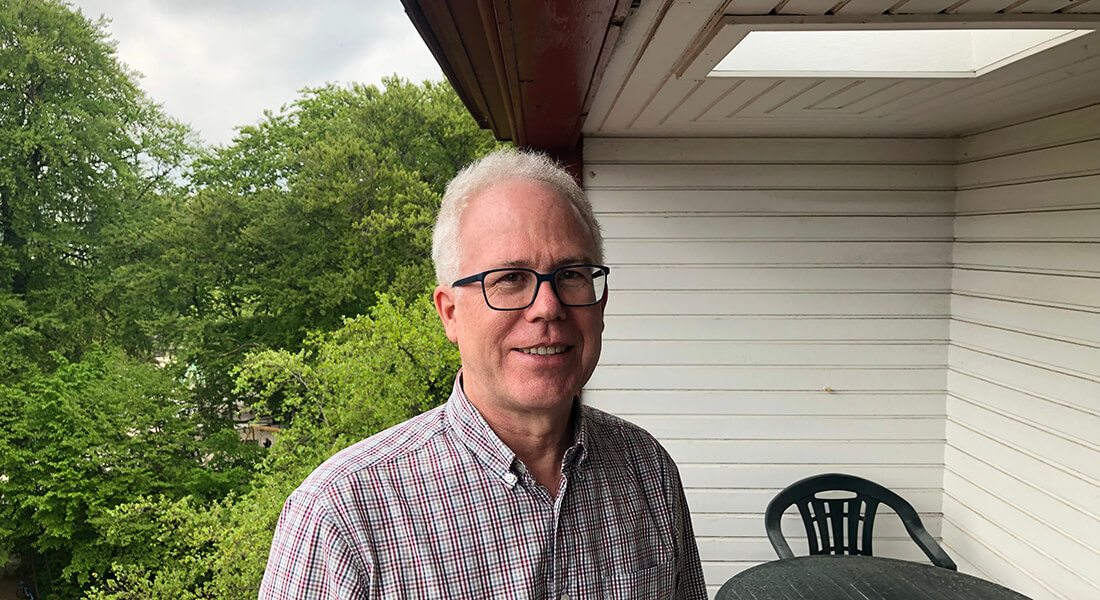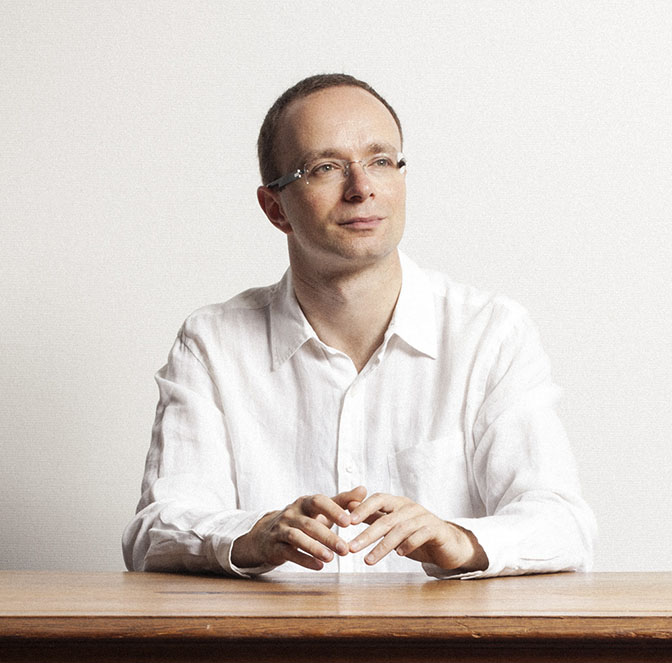NBA History of Science Seminar Doubleheader on Artificial Intelligence
A special doubleheader Niels Bohr Archive History of Science Seminar on Artificial Intelligence with Richard Staley (University of Cambridge and Niels Bohr Archive/Department of Science Education, University of Copenhagen) and Alexei Grinbaum (French Alternative Energies and Atomic Energy Commission CEA), jointly organized by Institut Français Danemark and the Niels Bohr Archive.
Important: Please sign up for this special event here. Registration is free. No admission without confirmed registration.
Can the study of the history of Artificial Intelligence (AI) improve our understanding of AI today and tomorrow and help us face its ethical challenges? In a special double-header Niels Bohr Archive History of Science Seminar on AI, jointly organized by the French Institute in Denmark and the Niels Bohr Archive, two leading scholars will give back-to-back lectures followed by a joint discussion:
14:15–15:00 Richard Staley, “Interrogating AI futures through its pasts” (Auditorium A)
15:00–15:15 Break
15:15–16:00 Alexei Grinbaum, “…and the number became word”: How do Large Language Models change humans? (Auditorium A)
16:00–16:30 Discussion of both talks (Auditorium A)
16:30–17:30 Reception in (Auditorium C, right across the hall)

Abstract Richard Staley: This talk builds on the collaborative work of a Mellon Sawyer Seminar on ‘Histories of Artificial Intelligence: A Genealogy of Power’ that engaged historians, sociologists, literary scholars, activists, computer scientists and artists from 2019–21 and has resulted in a recent journal special issue. I outline an analytic framework encompassing both the technical and public profile of artificial intelligence technologies in an examination of rhetoric, code, and behavior, and build on Jonnie Penn’s concept of ‘animo nullius’ to describe the dynamics of an enclosure of intellectual space and the continued salience of the multiple genealogies of AI (relating the research project to its infrastructures) for our understanding of its futures. Drawing from examples such as early US and USSR approaches to machine learning and AI; experimental studies of AI vision; and proposals to use AI in climate change research, I emphasize the paradoxical sense in which the imbrications of AI in management mean that even as it is touted for its revolutionary significance, AI has typically reinforced existing power structures and forms of social and epistemological control. While the scale of its databases and models and increasingly widespread implementation clearly change several games, arguably it is understanding changing perspectives on human intelligence and technology management that needs most care. Thus, revisiting these histories will challenge our sense of what is old and new about AI to offer pathways for analysis.

Abstract Alexei Grinbaum: We face the advent of a new era, that of talking machines. Following a quick reminder of the basics of asemantic language generation by transformer neural networks, I’ll put forward some examples of the influence of non-human agents on us as they speak to us. These effects are as illusory, and as real, as the ones made by mythological non-human speakers, e.g., angels or oracles. Several such stories from the Greek and Jewish traditions will help us understand the upcoming change in the human condition brought about by LLMs.
